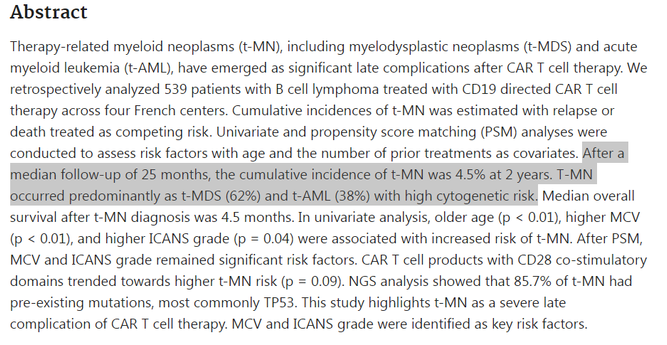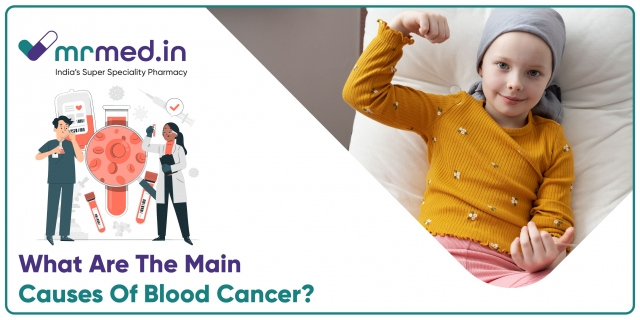Circulating Tumor DNA as Measurable Residual Disease in Aggressive B-Cell #Lymphoma - A Narrative Review
Adverse late outcomes in long-term survivors of young adult Hodgkin #lymphoma (YAHL) compared to their unaffected co-twins
https://pubmed.ncbi.nlm.nih.gov/40311655/
Survivors had increased risk of
-secondary malignancy (OR = 4.33),
-cardiac (12 cases/0 co-twins),
-lung (6 cases/0 co-twins), and
- thyroid conditions (18 cases/0 co-twins),
Of course one has to survive the disease to have be at risk for late emerging conditions. The abstract did not describe if risk was modified by use of radiotherapy.
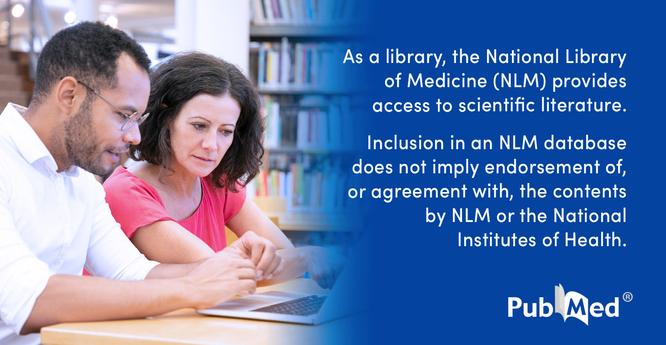
Adverse late outcomes in long-term survivors of young adult Hodgkin lymphoma (YAHL) compared to their unaffected co-twins - PubMed
Late-onset conditions have been reported in young adult Hodgkin lymphoma (YAHL) survivors but the use of convenience controls may bias estimates. Thirty-five YAHL survivors and their unaffected co-twins completed an online questionnaire on such conditions. McNemar's test and conditional logistic and …
Not that the cause matters to patients, but a science-related question arises -- if the risk is related to the conditioning with fludarabine chemotherapy and not the cellular therapy. Not discussed in the abstract.
Myeloid neoplasms after CD19-directed CAR T cells therapy in long-term B-cell #lymphoma responders, a rising risk over time? #cancer #news @dcnorris
https://pubmed.ncbi.nlm.nih.gov/40275069/

Myeloid neoplasms after CD19-directed CAR T cells therapy in long-term B-cell lymphoma responders, a rising risk over time? - PubMed
Therapy-related myeloid neoplasms (t-MN), including myelodysplastic neoplasms (t-MDS) and acute myeloid leukemia (t-AML), have emerged as significant late complications after CAR T cell therapy. We retrospectively analyzed 539 patients with B cell lymphoma treated with CD19 directed CAR T cell thera …
#Tattoo #ink exposure is associated with #lymphoma and #skin #cancers – a Danish #study of twins
https://bmcpublichealth.biomedcentral.com/articles/10.1186/s12889-025-21413-3
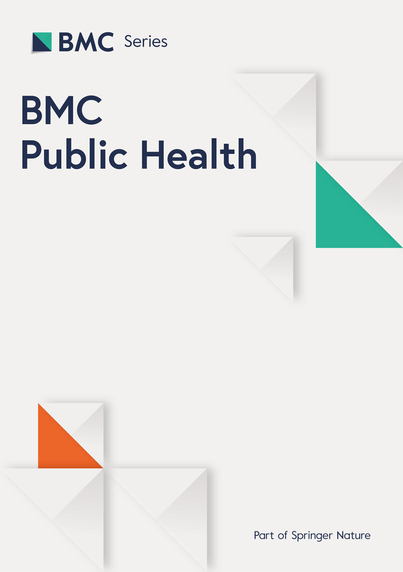
Tattoo ink exposure is associated with lymphoma and skin cancers – a Danish study of twins - BMC Public Health
Background We aim to study the potential association between tattoo ink exposure and development of certain types of cancers in the recently established Danish Twin Tattoo Cohort. Tattoo ink is known to transfer from skin to blood and accumulate in regional lymph nodes. We are concerned that tattoo ink induces inflammation at the deposit site, leading to chronic inflammation and increasing risk of abnormal cell proliferation, especially skin cancer and lymphoma. Methods We conducted two designs of twin studies to improve confounder control: A cohort study of 2,367 randomly selected twins and a case-control study of 316 twins born in the period 1960–1996. Cancer diagnoses (ICD-10) were retrieved from the Danish Cancer Registry and tattoo ink exposure from the Danish Twin Tattoo survey from 2021. The analysis addressed effects of time-varying exposure. Results In the case-control study, individual-level analysis resulted in a hazard of skin cancer (of any type except basal cell carcinoma) that was 1.62 times higher among tattooed individuals (95% CI: 1.08–2.41). Twin-matched analysis of 14 twin pairs discordant for tattoo ink exposure and skin cancer showed HR = 1.33 (95% CI: 0.46–3.84). For skin cancer and lymphoma, increased hazards were found for tattoos larger than the palm of a hand: HR = 2.37 (95% CI: 1.11–5.06) and HR = 2.73 (95% CI: 1.33–5.60), respectively. In the cohort study design, individual-level analysis resulted in a hazard ratio of 3.91 (95% CI: 1.42–10.8) for skin cancer and 2.83 (95% CI: 1.30–6.16) for basal cell carcinoma. Conclusion In conclusion, our study suggests an increased hazard of lymphoma and skin cancers among tattooed individuals, demonstrated through two designs: a twin cohort and a case-cotwin study. We are concerned that tattoo ink interacting with surrounding cells may have severe consequences. Studies that pinpoint the etiological pathway of tattoo ink induced carcinogenesis are recommended to benefit public health.
The role of chemotherapy in "setting the table" for cellular immunotherapy
Lymphodepletion chemotherapy in CAR-T cell therapy in #lymphoma
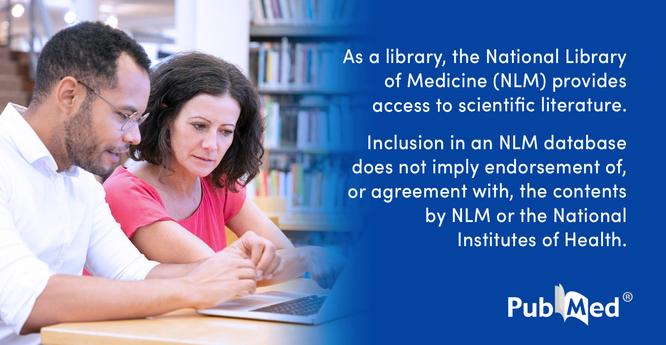
Lymphodepletion chemotherapy in chimeric antigen receptor-engineered T (CAR-T) cell therapy in lymphoma - PubMed
The development of chimeric antigen receptor (CAR) T-cells, engineered from peripheral T-lymphocytes of a patient with lymphoma, in order to specifically target tumor cells, has been a revolution in adoptive cell therapy (ACT). As outlined in this review, ACT was initiated by hematopoietic cell tran …
Explore the complex interplay of genetics & lifestyle in blood cancer. Discover risk factors, learn how they contribute, and understand prevention strategies. Unveil the truth.
https://livepositively.com/genetics-vs-lifestyle-what-really-causes-blood-cancer/
#BloodCancer #Genetics #LifestyleFactors #CancerResearch #Oncology #HealthAwareness #Leukemia #Lymphoma #Myeloma #CancerPrevention
Interest, attitudes, and participation in clinical trials among #lymphoma patients with online access
Authors: K. Schwartz (that would be me), Advisors to Patients Against Lymphoma
https://ascopubs.org/doi/abs/10.1200/jco.2009.27.15_suppl.e19514







